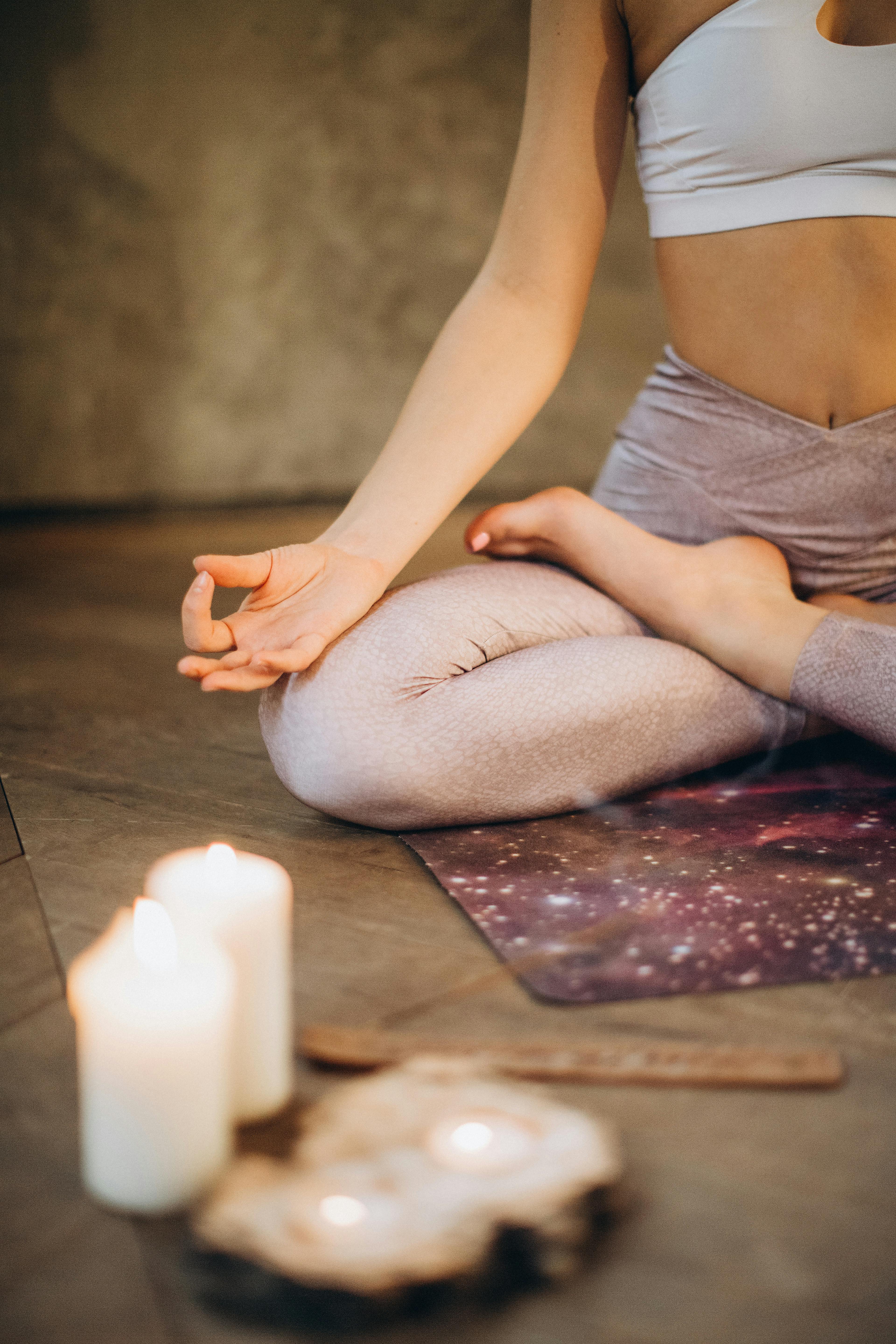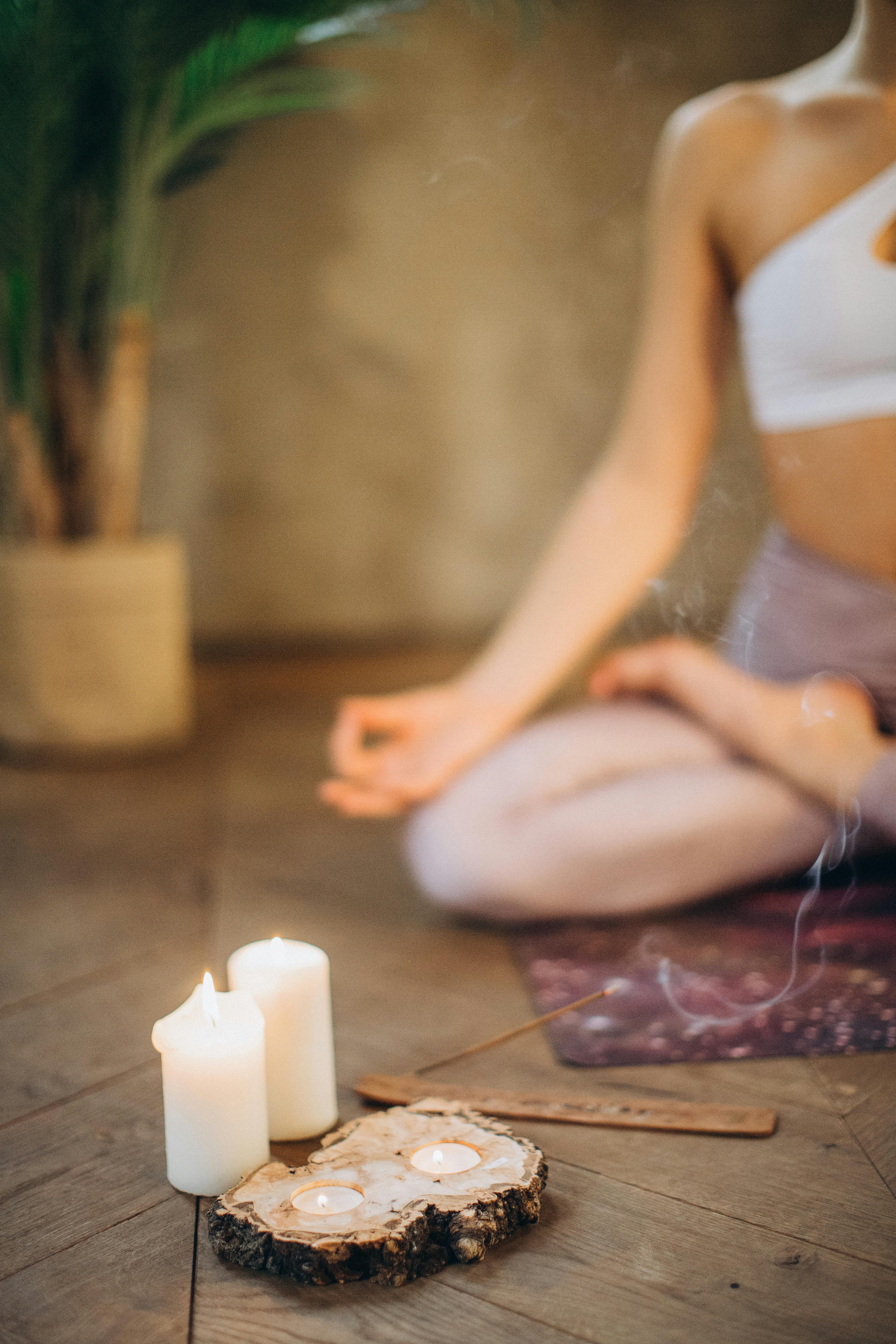8 Proven Tips for Relaxation of Mind and Mental Clarity
In today’s fast-paced world, mental stress and cognitive overload have become all too common. Learning effective tips for relaxation of mind is not just helpful—it’s essential. This article explores practical, research-backed techniques that can help you reduce anxiety, sharpen focus, and restore peace of mind.

Understanding the Fundamentals
Relaxation of the mind refers to practices and habits that reduce mental strain and promote a calm, clear state. It’s more than just taking a break—it’s about creating sustainable patterns that foster mental well-being.
Historically, methods such as meditation, deep breathing, and mindfulness have been used in various cultures to manage stress. Today, these techniques are supported by modern neuroscience and psychology.
1.1 The Science Behind Mental Relaxation
Mental relaxation activates the parasympathetic nervous system, reducing cortisol levels and slowing the heart rate. Studies show that regular relaxation practices can reduce symptoms of anxiety and depression by up to 40%.
For instance, a 2022 study from the Journal of Psychosomatic Research revealed that 15 minutes of guided breathing daily can significantly improve emotional regulation.
1.2 The Mind-Body Connection
Relaxation is not just a mental event—it’s deeply connected to our physical state. When the body is tense, the mind often follows. Conversely, calming the body can ease racing thoughts and anxiety.
Understanding this link helps you choose the right techniques. Yoga, massage, and even warm baths can all contribute to mental relaxation by easing muscular tension and stimulating calming brain waves.
Practical Implementation Guide
Knowing the principles is one thing, but putting them into practice is where true transformation happens. Implementing tips for relaxation of mind requires commitment, but the rewards are profound.

2.1 Actionable Steps
- Create a Mindful Morning Routine: Start with five minutes of deep breathing or meditation to set the tone.
- Use Tools Like Journals or Meditation Apps: Apps such as Calm or Insight Timer help structure your practice.
- Track Progress and Adjust: Note changes in mood, energy, and focus to tailor your routine effectively.
2.2 Overcoming Challenges
Many people struggle with consistency, skepticism, or time constraints. Here are a few solutions:
- Lack of time: Integrate short 2-5 minute practices during daily transitions (e.g., before meetings).
- Difficulty focusing: Start with guided sessions to train attention gradually.
- Impatience with results: Track small wins—improved sleep, less reactivity—to stay motivated.
Experts recommend setting reminders and linking relaxation to existing habits (like brushing your teeth) to make it stick.
Advanced Applications
Once you’ve mastered the basics, you can explore more advanced relaxation strategies. These techniques require deeper awareness but offer long-term mental resilience and inner peace.

3.1 Visualization and Guided Imagery
This technique involves imagining calming scenes, such as a beach or forest, to trigger emotional relaxation. Athletes and executives use it to boost performance and reduce pre-event anxiety.
Research shows that guided imagery can improve sleep quality, enhance mood, and even strengthen immune function over time.
3.2 Biofeedback and Neurofeedback
Biofeedback uses sensors to measure stress indicators like heart rate or skin temperature. It trains you to control them consciously, creating real-time awareness of your mental state.
These systems can integrate with wearable devices and are ideal for people looking to quantify and refine their relaxation habits.
Future Outlook
The future of mental relaxation is promising, with innovations like AI-guided meditation, virtual reality therapy, and brainwave synchronization gaining traction.
As the wellness industry evolves, new tools and platforms will make personalized relaxation accessible to all. Staying informed and adaptable will help you stay ahead of the curve.
Conclusion
Relaxation of the mind is not a luxury—it’s a necessity in modern life. We’ve explored foundational knowledge, actionable steps, and advanced strategies to help you build lasting peace.
Start by applying just one technique this week. Your mind will thank you. For ongoing growth, consider exploring deeper programs or professional guidance tailored to your needs.
Frequently Asked Questions
- Q: What is the easiest way to start relaxing my mind? Begin with 5 minutes of deep breathing or quiet reflection daily. Simple habits build momentum.
- Q: How do I get started if I’ve never done meditation? Use beginner-friendly apps or join a local class to learn the basics in a guided environment.
- Q: How much time do I need each day? As little as 10–15 minutes can make a noticeable difference. Consistency matters more than duration.
- Q: Is it expensive to follow these practices? Most techniques are free or low-cost. Journals, apps, and YouTube tutorials provide great starting points.
- Q: How do these tips compare to therapy or medication? These methods are complementary. For clinical conditions, consult a professional for an integrated approach.
- Q: Do I need special skills to practice mental relaxation? No prior experience is needed. Techniques are scalable for all skill levels.
- Q: Can these be applied in high-stress jobs like healthcare or finance? Absolutely. Many professionals use breathing, mindfulness, and scheduled pauses to maintain clarity under pressure.
